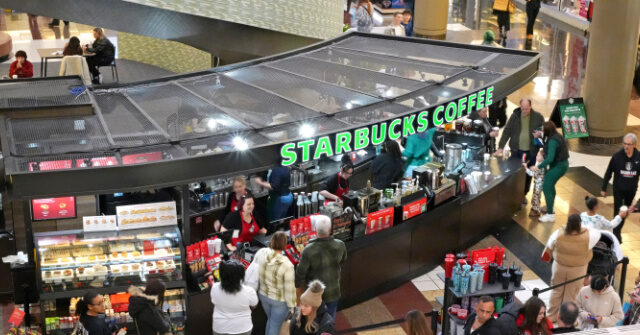Starbucks baristas in Los Angeles, Chicago, and Seattle are gearing up for a significant five-day strike beginning this Friday, just before Christmas. This strike, organized by Starbucks Workers United, is a response to the company’s failure to meet previously established commitments regarding labor agreements. The union, representing employees from 535 company-owned U.S. stores, claims that Starbucks has not honored a promise made in February to finalize a labor agreement within the year. In addition to demanding a dialogue over wage increases, the union aims to address a backlog of legal issues stemming from unfair labor practice charges filed with the National Labor Relations Board (NLRB) by employees.
The labor unrest comes at a time when Starbucks is experiencing changes in leadership, with new Chairman and CEO Brian Niccol set to potentially earn over $100 million in his first year. Conversely, the company’s proposed economic package reportedly includes no immediate wage increases for unionized baristas and only marginal increases of 1.5% in subsequent years, a situation the union finds unacceptable. As a result of these grievances, 98% of union members voted in favor of the strike, highlighting the urgency and unity among workers. The three cities chosen for the strike are viewed as critical markets for Starbucks, thereby increasing the visibility and impact of their actions.
Starbucks, however, has indicated that it has been actively working towards a resolution, claiming to have held more than nine bargaining sessions since April, resulting in over 30 agreements on various topics. Nonetheless, the company has expressed concerns about the union’s proposals, which include a call for a substantial 64% increase in minimum wage for hourly employees—something Starbucks deems unsustainable. This disagreement over wage demands and the perceived lack of progress in negotiations has further fueled the fiery anticipation for the upcoming strike.
In a move emblematic of the holiday season, the union cleverly coined the phrase “TWAS THE STRIKE BEFORE CHRISTMAS!” in an announcement detailing their plans. The strike’s initiation in major cities is only the beginning, with plans for expansion to other locations across the nation in the coming weeks, illustrating the union’s commitment to escalating their efforts if necessary. The choice to launch the strike before Christmas aims not only to capture attention but also to assert the significance of workers’ rights during what is typically the busiest shopping season of the year.
The momentous decision to strike follows a recent labor action called the “Red Cup Rebellion,” in which employees from over 200 unionized stores participated. This showcases a broader trend of increased labor activism within Starbucks and potentially sets a precedent for future actions across the retail and service sectors. The workers’ organized push emphasizes a collective response not just to wage concerns but also to broader workplace issues, positing that labor rights are fundamentally tied to corporate accountability.
Starbucks has indicated its readiness to continue negotiations with the union, expressing disappointment at the abrupt end of the last bargaining session. The company has called for the union to re-engage in discussions to seek a resolution, yet the mounting tensions and escalating actions by workers suggest a significant rift remains. As both sides navigate this critical period, the outcomes of the impending strikes and negotiations could have lasting implications for labor relations not only within Starbucks but across the wider industry as well.

